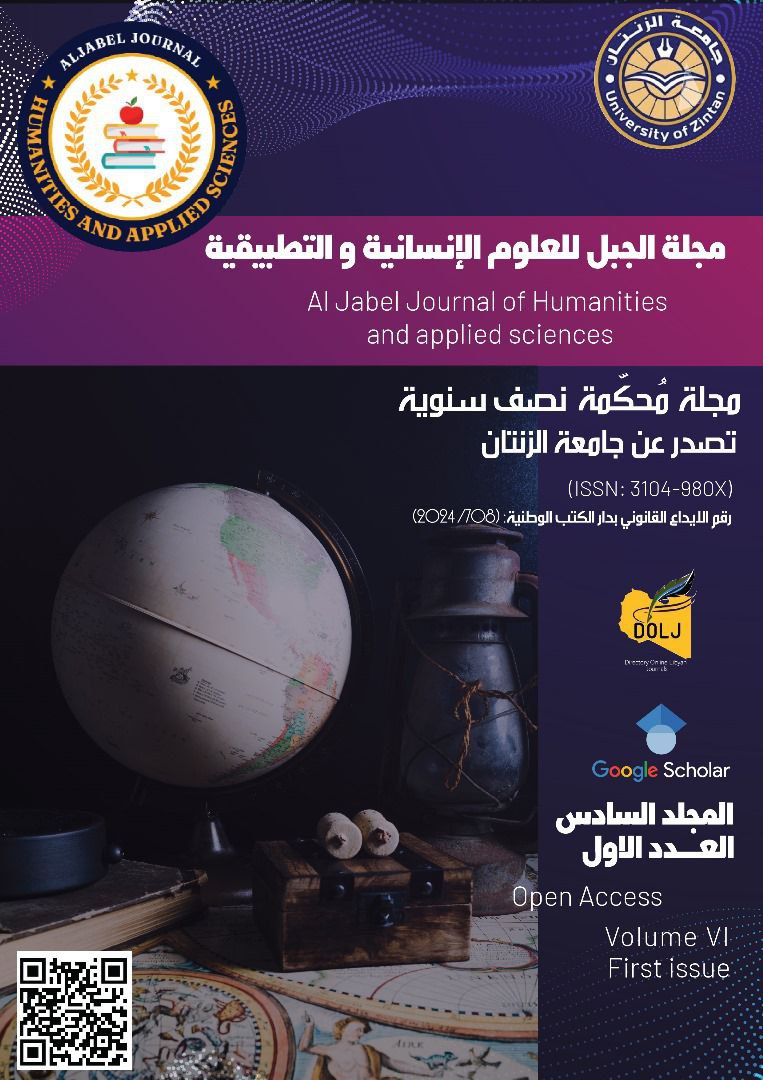المسؤولية الجنائية الناشئة عن استخدامات الذكاء الاصطناعي في التعليم التقني والفني "دراسة تأصيلية تحليلية مقارنة"
Abstract
This study aims to provide a jurisprudential perspective on the criminal liability arising from the use of artificial intelligence (AI) technologies in the development of technical and vocational education, in accordance with Libyan and comparative criminal legislation. These technologies serve as innovative tools for enhancing the knowledge and practical skills of graduates from colleges and higher institutes. However, their use raises legal questions regarding the attribution of criminal responsibility, especially with the advancement of artificial neural networks capable of learning and self-development without human intervention.
The study examines the legal issues resulting from these developments, given the absence of clear legislative regulation. It adopts a foundational analytical and comparative approach to determine the scope of legal liability—whether it falls on the programmer or manufacturer or if AI itself can be considered an electronic legal entity. The study is structured into two main sections: the conceptual framework of AI technology and the criminal liability associated with its use in technical and vocational education.




